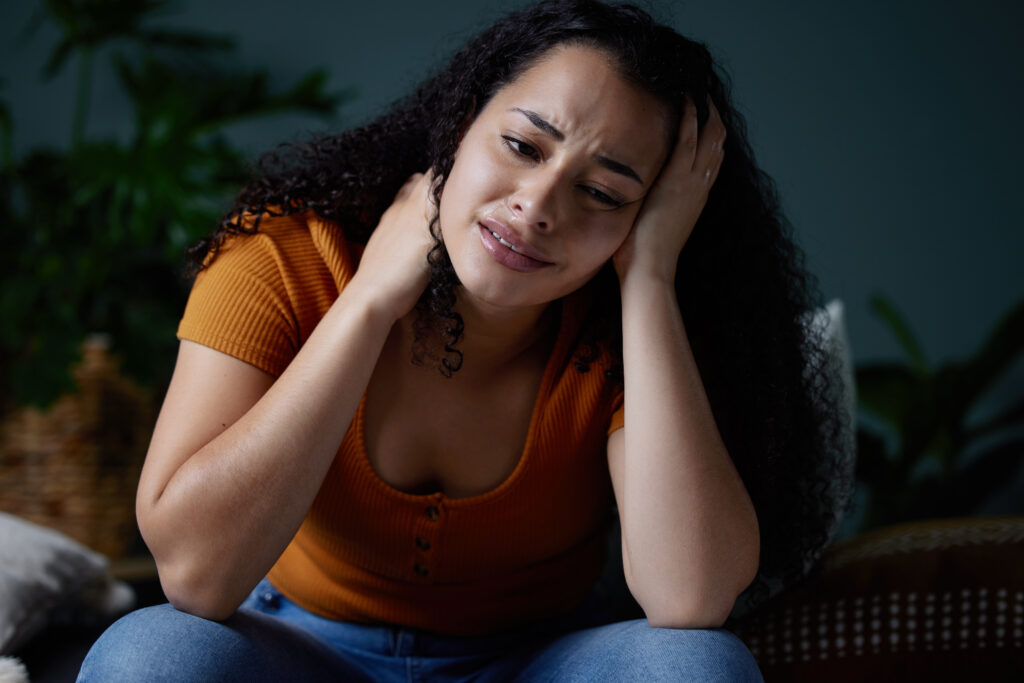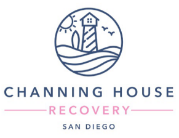Depression Treatment
in San Diego
AT CHANNING HOUSE RECOVERY & DETOX
in network with







Depression
To be diagnosed with a depressive disorder, the symptoms must be present for a minimum of two weeks. Major depression, also called clinical depression, can manifest in many different ways with side effects that exist along a spectrum. Some people confuse depression with feeling sad or weary, but those feelings are often short-term, lasting only a few days, while depression includes more symptoms and lasts far longer. When left untreated depressive episodes can impact all aspects of daily life and, depending on the severity, may require hospitalization.
The many causes and risk factors for developing depression contribute to the prevalence of the disorder. The cause of the depression will often determine the diagnosis, with the most common risk factors being trauma, chronic stress, genetic predisposition, and medication side effects. Depression plays a significant part in several mental health disorders, including those listed below:
- Atypical Depression
- Major Depressive Disorder (MDD)
- Seasonal Affective Disorder (SAD)
- Postpartum Depression (PPD)
- Bipolar Disorders
- Persistent Depressive Disorder (PDD)
What is Depression?

Depression is one of the most commonly diagnosed mental health disorders worldwide. The Centers for Disease Control and Prevention (CDC) estimates that 4.7% of all adults over the age of 18 regularly experience feelings of depression. That number increases sharply for individuals who live below the federal poverty line, with 15.8% experiencing depression.
Many overlapping risk factors can lead to developing co-occurring substance use disorders (SUD) and depression. According to research by the Medical University of South Carolina, 16-18% of people with a major depressive disorder are diagnosed with a substance use disorder. The study also reported that “SUDs were particularly common among individuals with bipolar disorder,” with rates as high as 56% for individuals with lifetime SUD.
At Channing House Recovery, we take depression treatment in San Diego seriously. We not only want to make sure you or a loved substance use disorder becomes better but that your mental health is in a proper state of mind as well.
DEPRESSION AND SUBSTANCE USE DISORDERS
The relationship between SUDs and depressive disorders is complicated. One 2005 study stated that substance use disorder is often caused by self-medicating to decrease or cope with the symptoms of depression. “Compared with individuals with no mood disorders, those with depression were approximately twice as likely, and those with bipolar disorder approximately seven times as likely, to have an SUD.”
Chronic use of certain substances can alter the brain’s physical structure, leading to a higher risk of depression and other mental health disorders. The National Institute on Drug Abuse reported that in 2015 at least 8.1 million adults “had both a substance use disorder and another mental illness.”
COMMON SIGNS AND SYMPTOMS
If you or someone you love has a depressive disorder, they will exhibit some or all of the following signs and symptoms.
- Feeling listless
- Lack of motivation
- Body aches and pains
- Unexplained stomach upset or discomfort
- Extreme tiredness and changes to sleep patterns
- Unusual changes in appetite and body weight
- Excessive and unexplained feelings of sadness
- Loss of interest in previously enjoyable activities
- Fatigue, lethargy, and loss of energy
- Strong feelings of guilt, shame, and worthlessness
Suicidal ideations - Isolating socially and avoiding events at school, work, or within peer groups
- Mood swings and irritation
Although these symptoms must last for over two weeks to be diagnosed as clinical depression, symptoms might lessen or go away entirely before returning after a while. Depression is often a cyclic disorder, especially in the case of bipolar and other conditions that feature periods of mania or mood swings followed by episodes of depressive symptoms.
Verify your insurance today
TREATMENT
AVAILABLE TREATMENT OPTIONS
The treatment for depression usually involves a combination of lifestyle changes, medication, and psychotherapy. Lifestyle changes that can help include:
- Creating a healthy sleep cycle
- Eating nutritional meals
- Staying hydrated
- Exercise routines
The National Institute of Mental Health lists the following therapies and medications for treating depression:
- Therapy Treatment: cognitive-behavioral therapy, behavioral therapy, interpersonal therapy, and problem-solving therapy
- Medication Treatment: antidepressants and antipsychotics
RISK FACTORS ASSOCIATED WITH DEPRESSION
Women are more likely than men to be diagnosed with a depressive disorder. Most people get clinically diagnosed with depression between the ages of 15 and 30. The Centers for Disease Control and Prevention list the following are some of the risk factors associated with depression:
- Being related to someone with depression
- Trauma
- Chronic or acute stress
- Physical, sexual, or emotional abuse
- Significant life changes, including the death of a loved one, loss of a job, or divorce
- Some medication side effects cause depressive symptoms
- Experiencing a severe medical emergency including cancer, stroke, or major surgery
- Chronic illness, injury, or disability
- Chronic pain
- Substance abuse
- A family history of substance abuse
- Living in an unsafe environment
- Living under the federal poverty line or experiencing financial stress
Verify your insurance today
WE ARE HERE
For you
DON'T WANT TO MAKE THE MOST IMPORTANT CALL OF YOUR LIFE
Your recovery can be impacted by depression if you do not get proper treatment when symptoms manifest. If you are in a treatment facility, the person responsible for your care program may prescribe a mixture of psychotherapy and medication to stop depressive episodes.
Most rehabilitation facilities, including Channing House Recovery and Detox, can treat depression and substance use disorder as a dual diagnosis. If you start your recovery after being diagnosed with a depressive disorder, then the initial care plan and aftercare should include resources for coping with and treating your mental health condition.

